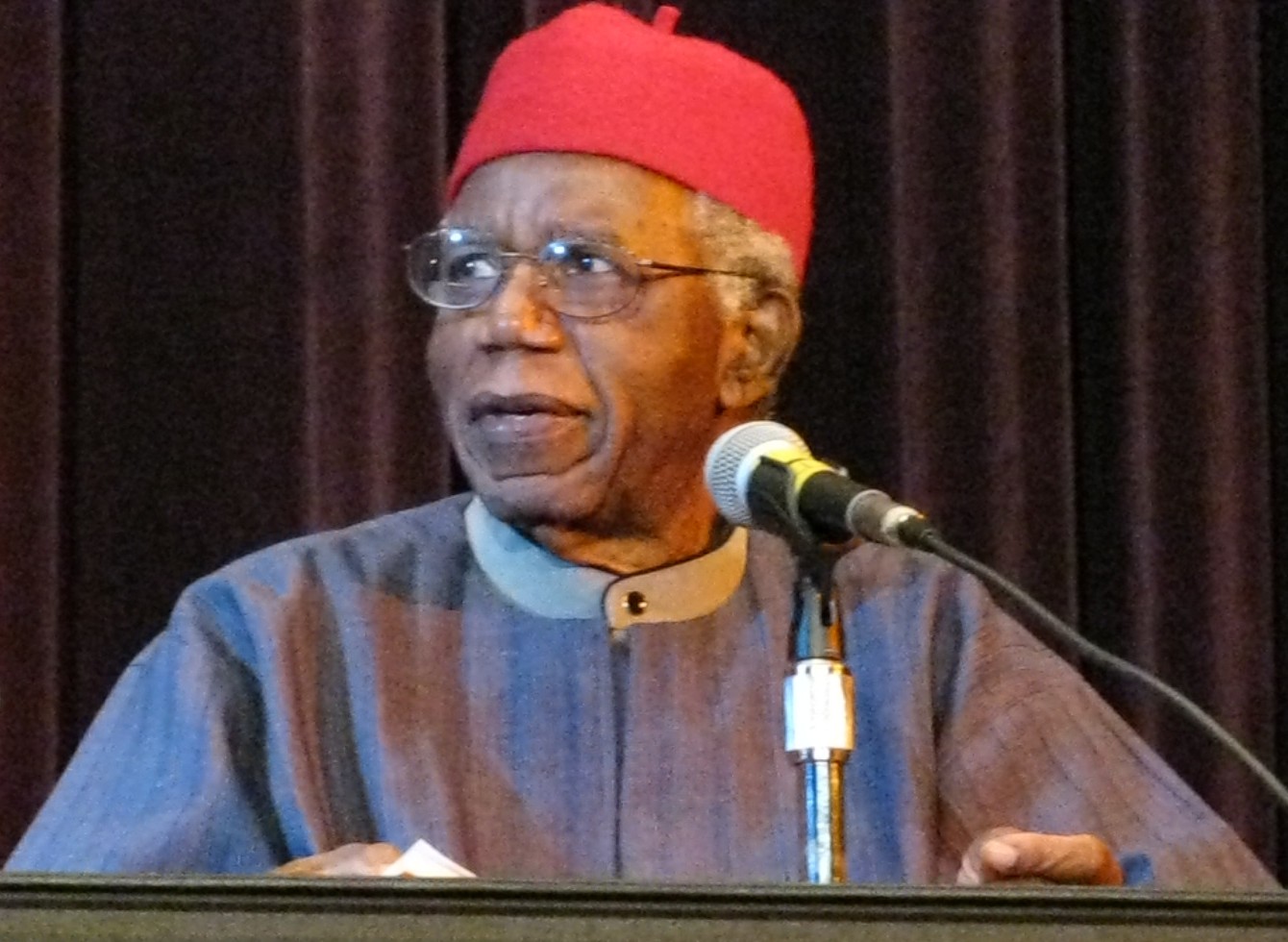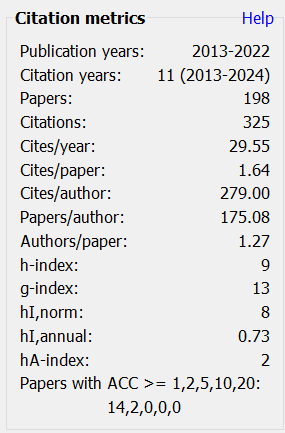Multiculturalism
A Critical Study of Chinua Achebe's Selected Novels
DOI:
https://doi.org/10.5958/2347-6869.2018.00004.3Keywords:
Cultural ambivalence, Multiculturalism, Identity, Misrecognition, Postcolonial literatureAbstract
Reclaiming for one’s root doesn’t state that one has no root. As long as one has roots intact, one survives; and if one is uprooted or one’s roots are undiscovered, one dies. But they try their best to grow new roots amidst adverse circumstances to face reality. Cut off from cultural roots, they adopt a quest for self. In the contemporary literary criticism, roots and multiculturalism are the topics, dealt in by many novelists of repute in postcolonial literature. It can be observed that nowadays people are not only conscious of their own culture and tradition but claim superiority of their own over other’s culture. The present paper thus aims to present the cultural ambivalence that Chinua Achebe recorded in his novels Things Fall Apart and No Longer At Ease. When the Europeans came to colonize Africa, they bring with them their own culture. Achebe, in these two novels portrays the plight of the Nigerian people they face due to the mixing of the two different cultures. He draws both the pre colonial and colonial period with their both negative and positive sides. His No Longer at Ease is on corruption, which Achebe believes is brought by the Europeans to Africa. And his Things Fall Apart criticizes Joseph Conrad's Heart of Darkness where Conrad documented that civilization of Africa took place during the time of colonial period. Achebe’s protagonists were able to retain a sense of their pre-colonial glory, history considerably, however affected the culture and heritage in the ancient aroma. But in Africa, the ‘falcon could not hear the falconer and the center could not hold’ and eventually things did fall apart. Hence, the paper is also an attempt to examine the misrecognition of the Nigerian Culture by the dominating Europeans.
DOI: 10.5958/2347-6869.2018.00004.3
Downloads
Metrics
References
Achebe, C. (1960). No Longer at Ease. London. Heinemann Educational Books Ltd, 1, 3-100
Losambe, L. (2005). Borderline Movements in African Fiction. Africa Research and Publications, 1, 1-106

Downloads
Published
How to Cite
Issue
Section
License
Copyright (c) 2018 Trishna Devi

This work is licensed under a Creative Commons Attribution-NonCommercial 4.0 International License.
Revised Copyright/CC license that applies to all the articles published after 05-02-2017
Attribution-NonCommercial 4.0 International (CC BY-NC 4.0)

Copyright/CC license that applies to all the articles published before 05-02-2017
Attribution-Non Commercial-No Derivatives 4.0 International (CC BY-NC-ND 4.0)

Author(s) will retain all the right except commercial and re-publishing rights. In the case of re-publishing, they will have to obtain written permission from the journal. Additional licensing agreements (Creative Commons licenses) grants rights to readers to copy, distribute, display and perform the work as long as you give the original author(s) credit, they can not use the works for commercial purposes and are not allowed to alter, transform, or build upon the work. For any reuse or distribution, readers and users must make clear to others the license terms of this work. Any of these conditions can be waived if you get permission from the copyright holders. Nothing in this license impairs or restricts the authors’ rights. To view a copy of this license, visit http://creativecommons.org/licenses/by-nc-nd/4.0/ or send a letter to Creative Commons, 171 Second Street, Suite 300, San Francisco, California, 94105, USA.
Research Papers published in SOCRATES are licensed under an Attribution-NonCommercial-NoDerivatives 4.0 International (CC BY-NC-ND 4.0)
















